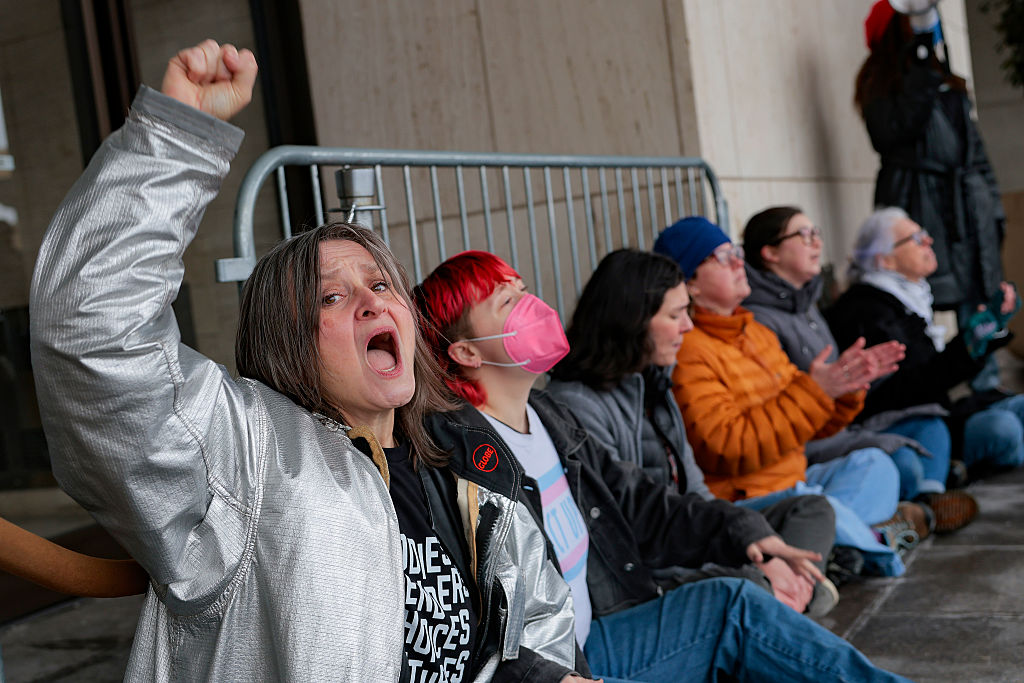West Point Rejects Lesbian Cadet

A lesbian cadet who resigned from West Point last year has been rejected for readmission to the academy even as the military moves toward repealing DADT
A lesbian cadet who resigned from West Point last year has been rejected for readmission to the academy even as the military moves toward repealing its “don’t ask, don’t tell” policy.
Officials at the U.S. Military Academy said they had no choice but to reject Katherine Miller’s application, because the repeal of the policy barring openly gay people from serving in the military is not in effect yet. The policy’s repeal did not occur immediately after President Barack Obama signed the legislation in December as training and certification are required before the ban is lifted.
Miller left West Point in August, halfway through her stint at the academy, saying she couldn’t lie about her sexuality anymore.
“While the don’t ask, don’t tell policy was recently changed and will be repealed, the effective date has not yet been determined,” said Lt. Col. Sherri Reed, the academy’s director of public affairs, in a statement. “Due to this situation, West Point is unable to offer her readmission at this time.”
Miller enjoyed attending the historic academy looming over the Hudson River and she thrived there, ranking ninth in her class when she left. But she said keeping her sexuality a secret violated the academy’s honor code and nagged at her conscience. It was hard for her to remain silent when her fellow cadets made derogatory comments about gays.
She filed her resignation just as she was to begin her junior year. The 21-year-old from Findlay, Ohio, instantly became a prominent face in the debate over gays serving openly. Miller was accepted to Yale University, but she missed the camaraderie at West Point and re-applied late last year.
There was no immediate comment from Miller on the academy’s rejection.
The repeal of “don’t ask, don’t tell” is to go into effect 60 days after the president and senior defense advisers certify that it won’t hurt troops’ ability to fight. Training for service members began around March 1 and could be finished by summer’s end.
“While at the academy Ms. Miller remained in good standing and had done exceptionally well academically, militarily and physically,” Reed said. “The choice to seek re-admission is available to her once the repeal process is completed.”
Under President Bill Clinton, the military in 1993 adopted it’s “don’t ask, don’t tell” policy as a compromise that let gay men and women serve so long as they stayed silent about their sexuality. Clinton had wanted to repeal the ban entirely, but the military and many in Congress argued that doing so would disrupt order.












